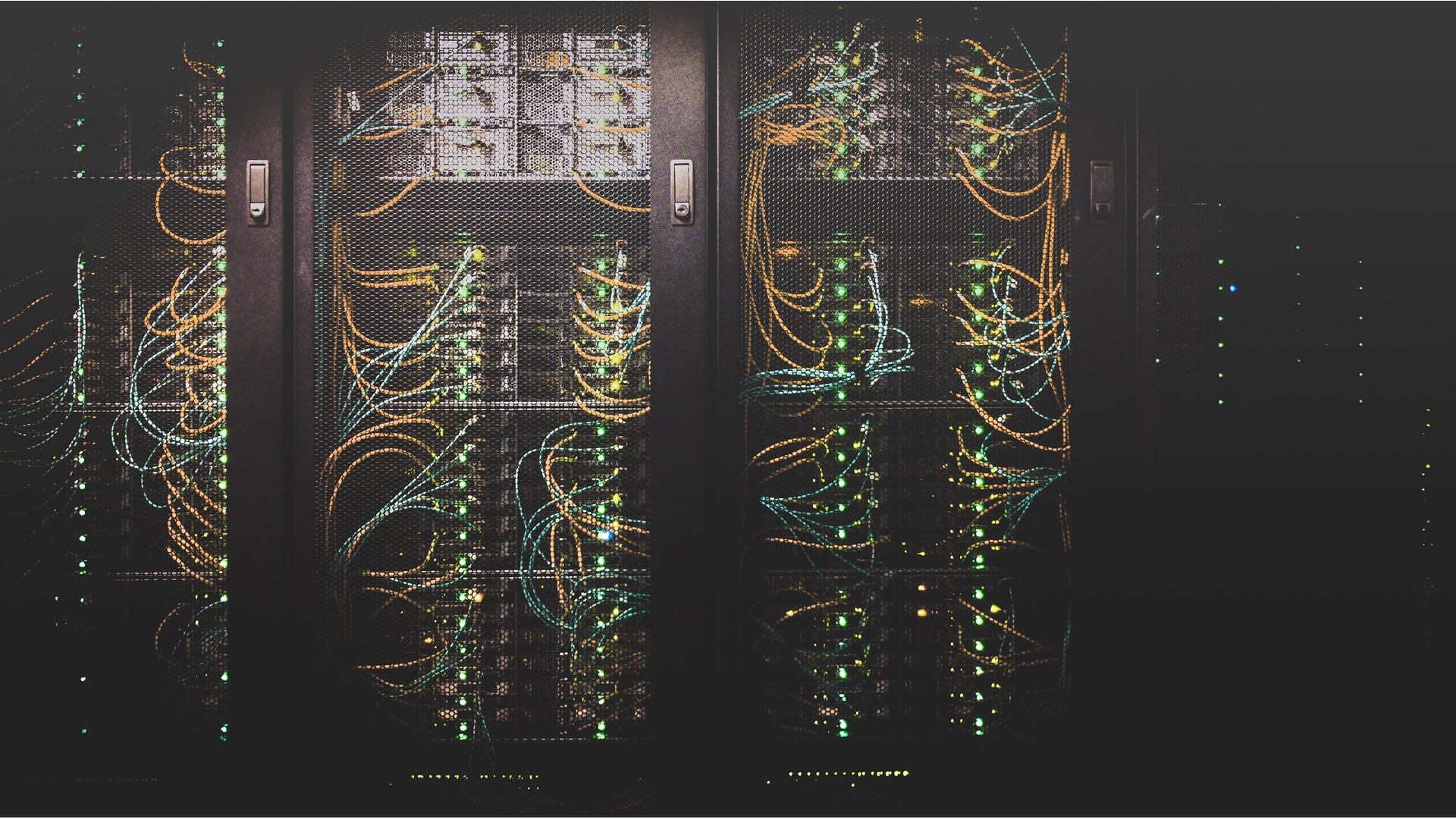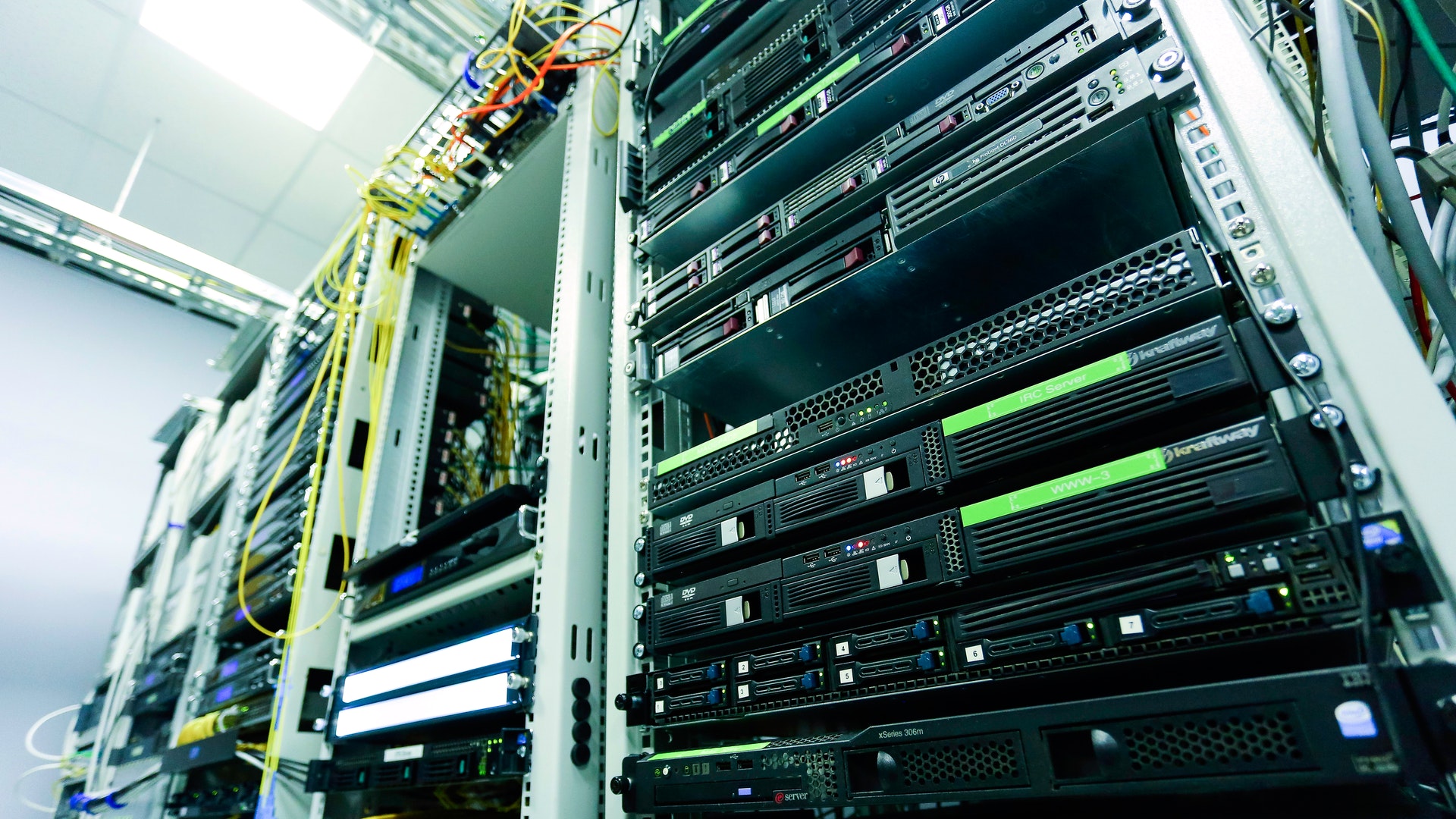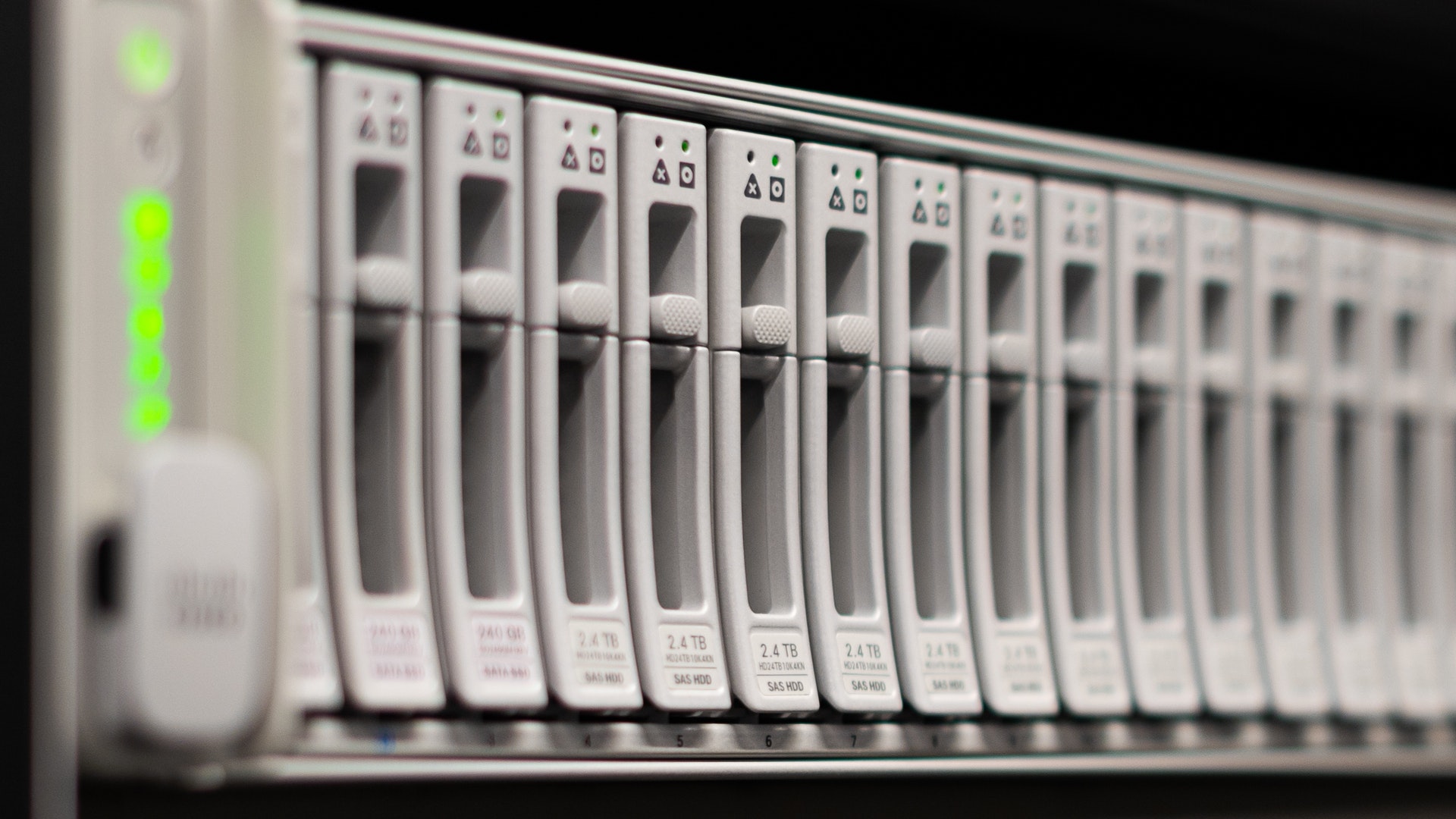Is hybrid cloud storage right for you?
Is hybrid deject storage right for you?

When it comes to the best deject storage, businesses have more than options than ever thank you to the growing number of providers ranking among the all-time deject storage for business organisation. One choice open to businesses is hybrid deject storage, where data is stored on local and deject-based servers.
Hybrid cloud storage has of import advantages over both traditional cloud and on-premises storage. As a combination of deject storage and local storage, information technology tin can enable businesses to scale data storage capabilities, increment processing speed for ofttimes accessed data, and cut downwardly on IT costs.
Is hybrid cloud storage right for your business? We explain how a hybrid cloud storage model works in practise, and what types of situation it's best suited to.
What is hybrid deject storage?

Hybrid cloud storage involves a mix of cloud-based and on-premises data storage. The key to a hybrid cloud model is that data tin move seamlessly between the cloud and local servers. That mode, information can be moved around in whatever style your business concern needs to maximize both calculating efficiency and cost efficiency.
For example, a hybrid cloud storage system might involve keeping 30% of your company'south data stored on your own servers, managed by your own Information technology staff. This data could be 'working' data that is frequently accessed by employees or is currently in use for a major computational process.
The other lxx% of your data might be stored with a dedicated cloud storage service like Amazon S3. This data can be stored cheaply, but can also be freely moved onto your visitor's servers at any time if it needs to be accessed for a projection.
Hybrid cloud storage is more flexible

I of the major advantages of hybrid cloud storage is that information technology's more flexible than either full deject storage or full local storage. Since data can move back and forth between the cloud and your visitor's IT infrastructure, y'all tin can access exactly what y'all need when you need information technology—and store everything you don't need immediately at low cost.
This comes in handy for businesses that have many one-time projects or seasonal increases in data flow. For example, if your visitor sucks in tons of client data during a busy holiday season each yr, your IT team can preemptively move information to the cloud to gratuitous upwards space on the local servers.
This ensures that local storage capacity is never a bottleneck for your business. Chiefly, turning to the cloud for short-term storage is much more toll constructive than purchasing boosted servers that your visitor but needs for a few weeks each year.
Hybrid cloud storage offers scalable data sharing

Another do good to using a hybrid cloud model is that it makes it easier to share information with the public, clients, or third-party firms. Dissemination data from local servers is often difficult or inefficient because it takes upwardly a significant corporeality of bandwidth. However, information that is stored in—or could exist readily moved to—the deject tin be easily fabricated bachelor for sharing.
This is particularly important for companies that engage in partnership projects where continuous data sharing is integral to success. Past moving data onto the cloud, it is fully accessible to anyone who is granted admission. At the aforementioned time, under a hybrid model that data can chop-chop be shifted back onto local servers for computational processes or at the end of a joint project.
Hybrid cloud storage doesn't e'er make sense

While a hybrid cloud model can work well for many businesses, information technology isn't the best selection for every single company.
By definition, a hybrid cloud organization requires that your business operates and maintains its own servers. That requires a massive upfront investment and a dedicated It team. If you are unwilling or unable to commit to keeping up a whole server network, and so a traditional deject storage solution might be a amend fit.
Hybrid deject storage may also exist less cost efficient than traditional storage methods if your company has highly anticipated data flows or simply needs to archive old data. In that example, it is piece of cake to manually motion data from local storage into cloud storage.
Opting for typical cold cloud storage, which has high latency for information access, can be much cheaper than opting for the hot cloud storage typically used in hybrid deject systems.
Hybrid cloud storage: Summary
If your business organisation is struggling to manage big data, hybrid deject storage may be able to assist. This storage model blends the best parts of on-premises and cloud storage systems to offer flexibility, scalability, and toll-efficiency. This type of storage doesn't make sense for every business, though, so it's important to appraise your needs before making the leap to hybrid cloud storage.
Further reading on cloud storage
When it comes to cloud storage versus local storage, we've compared deject storage vs external hard drives, also as public vs private cloud storage, to run across how the cloud compares in its diverse forms. Nosotros've also compared cloud storage vs deject backup vs cloud sync, to clear upwardly the differences between these types of cloud service.
Source: https://www.tomsguide.com/features/hybrid-cloud-storage-is-it-right-for-you
Posted by: kellydedge1977.blogspot.com


0 Response to "Is hybrid cloud storage right for you?"
Post a Comment